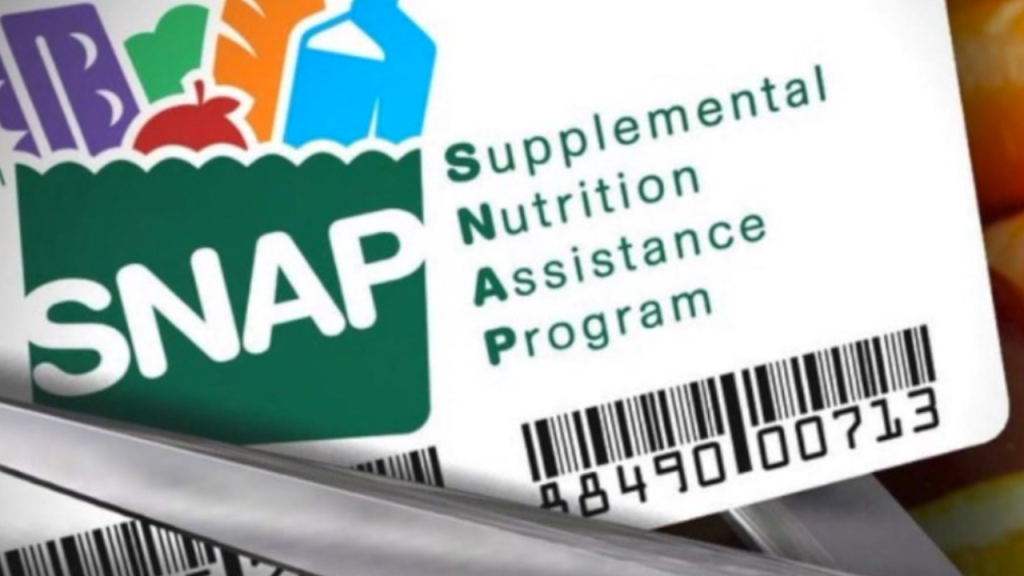
SNAP is a government program that helps people afford groceries when money is tight.
It’s designed to make sure individuals, families, and seniors can still access nutritious food even during financial hardship.
You might know it by its older name—food stamps. These days, it’s all digital. People who qualify receive an EBT card, which works like a debit card at most grocery stores.
But SNAP is more than just a food program—it’s about preserving dignity. It gives people the breathing room to focus on other areas of life without constantly worrying about their next meal.
Programs like SNAP can be a lifeline, especially during difficult times.
To qualify, your income must fall within specific limits based on household size. For 2025, the income thresholds are:
- 1-person household: $1,968/month
- 2-person household: $2,658/month
- 3-person household: $3,349/month
- 4-person household: $4,040/month
According to the Center on Budget and Policy Priorities, the average benefit per person in fiscal year 2025 is expected to be about $187 per month, or roughly $6.16 per day.
Before getting into radio, I worked as a cashier at Shoprite. That experience opened my eyes to how many different kinds of people rely on SNAP. You really can’t judge someone’s situation by appearances.
I also noticed how flexible the program was. Many customers used their benefits to buy essentials like diapers and baby formula—things that add up quickly.
Others bought junk food, which puzzled me at first. But then I realized: healthy food costs more. When every dollar counts, it’s often cheaper to buy less nutritious options.
That’s part of why Kentucky Senator Rand Paul has introduced the Nutritious SNAP Act. His goal is to “restore personal responsibility and state flexibility” in how SNAP benefits are used.
If passed, this bill would prevent SNAP funds from being used to purchase items such as:
- Soda
- Candy
- Ice cream
- Potato chips
- Cookies
- Pies
- Brownies and brownie mix
It would also restrict beverages to options like water, cow’s milk, healthy dairy alternatives, and 100% fruit or vegetable juice.
Additionally, the bill would give states more authority to limit the purchase of other foods they consider unhealthy.
According to Senator Paul’s office, nearly 25% of SNAP benefits are currently spent on sugary, nutrient-poor products. This bill aims to realign the program with its original purpose: improving the nutrition of low-income households.
